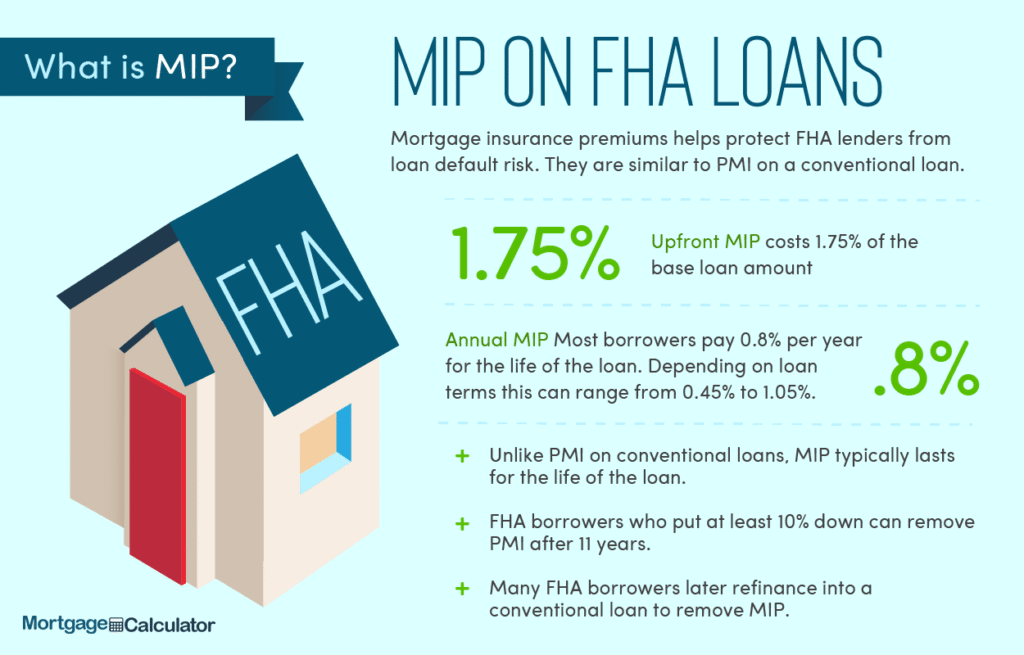Choosing the right financial advisor is critical to achieving your financial goals. However, it’s easy to make missteps in the selection process. Let’s explore the seven biggest mistakes people make when hiring a financial advisor, how to avoid them, and ensure you’re making the best choice for your financial future.
Ignoring Qualifications and Experience
Many people skip verifying the qualifications and experience of a financial advisor. It’s important to look for certifications such as CFP (Certified Financial Planner) or CFA (Chartered Financial Analyst) and to understand the advisor’s experience in handling finances similar to your own.

Not Considering the Fee Structure
Understanding how a financial advisor is compensated is crucial. Whether they are fee-only, charge a commission, or a combination of both, knowing this can help you avoid potential conflicts of interest or unexpected expenses.
Failing to Check References
Asking for and contacting references can provide insight into the advisor’s reliability, integrity, and success in managing clients’ finances.
Overlooking the Advisor’s Specialization
Financial advisors often specialize in certain areas, such as retirement planning or wealth management. Make sure their expertise aligns with your specific financial goals.

Not Assessing Compatibility
Your relationship with your financial advisor is paramount. Assessing whether their communication style and investment philosophy match yours is key to a successful partnership.
Ignoring the Investment Approach
You should understand and be comfortable with the advisor’s investment strategies. Whether they are conservative or aggressive, make sure their approach aligns with your risk tolerance.
Not Setting Clear Expectations
Failure to establish clear expectations regarding communication, reporting, and goal setting can lead to dissatisfaction. Ensure you and your advisor are on the same page from the start.
Conclusion
Avoiding these mistakes can lead you to a fruitful relationship with your financial advisor, ensuring your financial goals are in capable hands. Remember, the right advisor not only helps manage your finances but also empowers you towards achieving financial independence.
Frequently Asked Questions
What qualifications should I look for in a financial advisor? Look for certifications such as CFP or CFA, and ensure they have experience relevant to your financial situation.
How often should I expect to communicate with my financial advisor? This depends on your preferences and financial goals; however, establishing clear communication expectations from the beginning is important.
Is it necessary to hire an advisor specializing in my specific financial needs? Yes, it’s beneficial to work with an advisor who has expertise in areas like retirement planning or wealth management if those are your goals.


